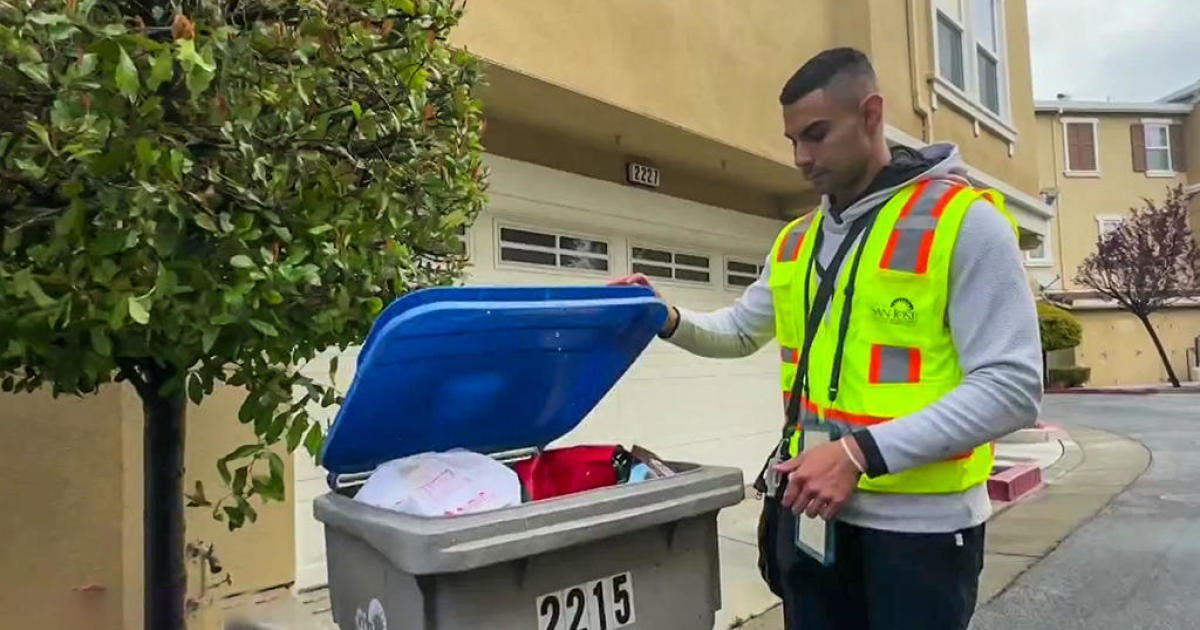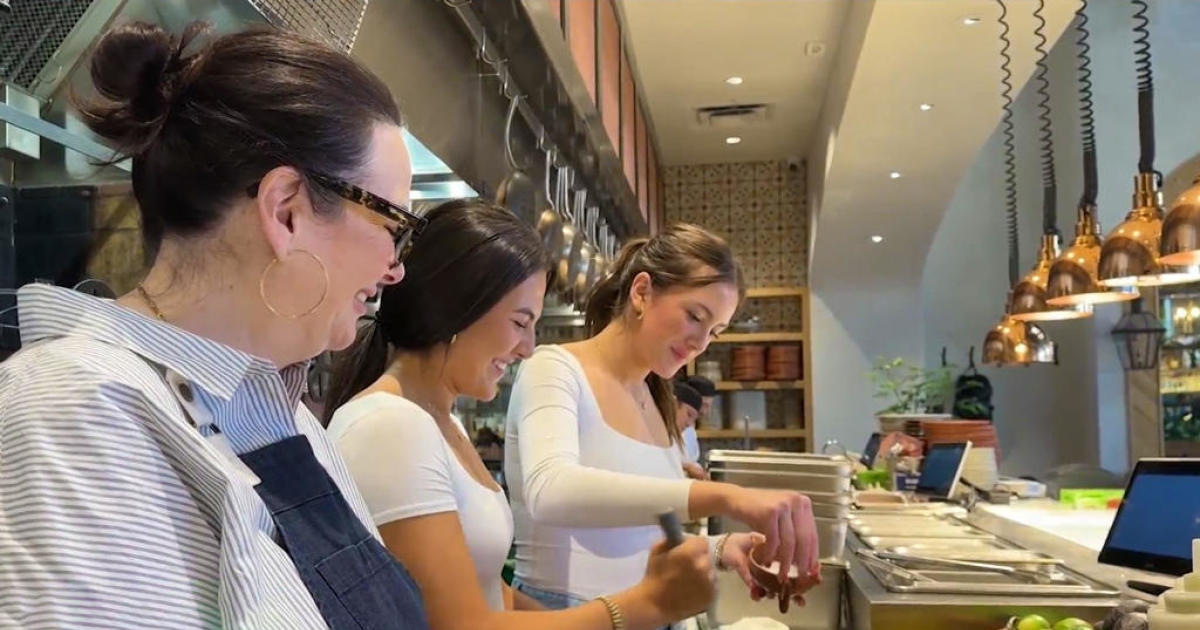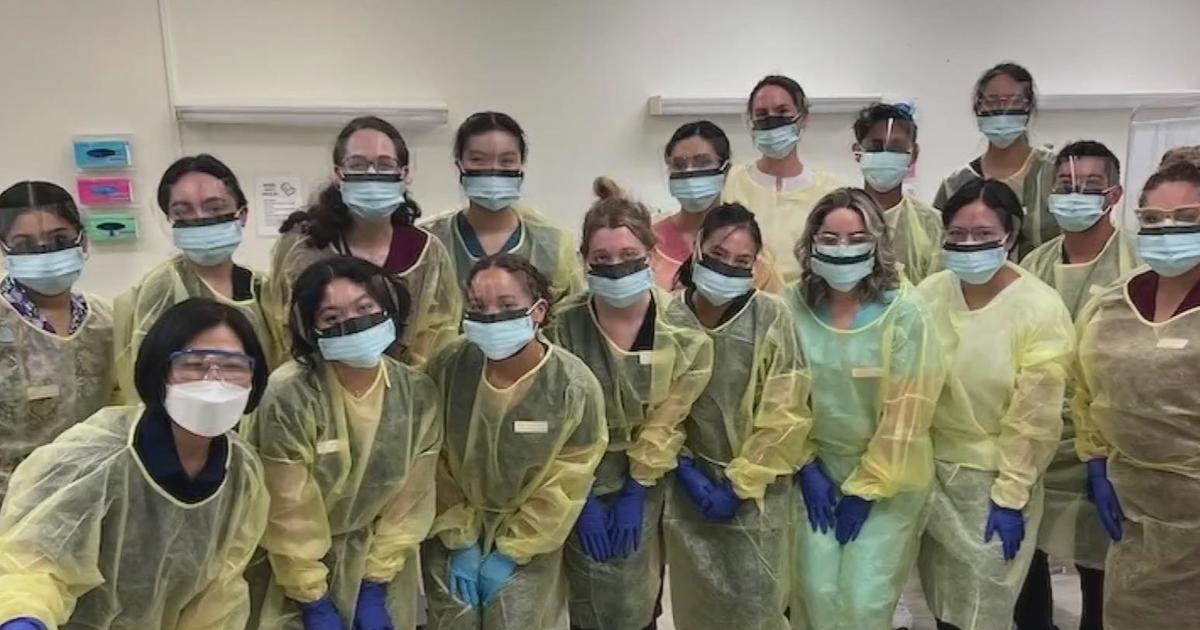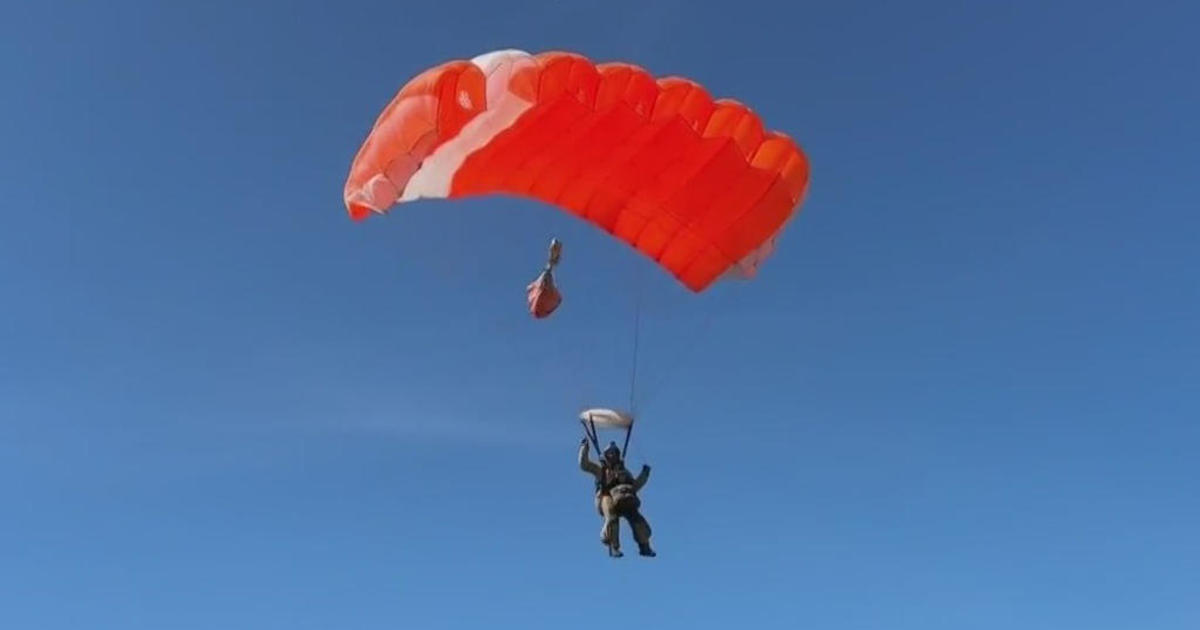COVID: UCSF Infectious Disease Expert Says Indefinite Stay-at-Home Order Wrong Call, Not Data-Driven
SAN FRANCISCO (CBS SF) -- The Embarcadero was virtually empty Saturday night amidst a light drizzle. It'll likely stay relatively quiet, since San Francisco has extended its stay-at-home and 10-day travel quarantine orders indefinitely.
UCSF infectious disease expert and medical director of the HIV Clinic at Zuckerberg San Francisco General Hospital Director Dr. Monica Gandhi says the city's decision is not data-driven.
"We never reached those hospitalizations or ICU capacity concerns that the state had set as metrics for this degree of shutdown," she said. "And then to continue it indefinitely, as kind of our New Year's present to San Francisco, didn't make sense to me."
San Francisco is in better shape than most of the Bay Area and the state of California. Currently about 30% of ICU beds are still available. The latest 7-day average of new cases daily is 206 as of December 25, compared with 290 on December 16.
The city says preliminary data shows that the orders seemed to have slowed infections.
It added that once the state lifts its regional stay-at-home order, San Francisco will reassess the key health indicators to determine if they support relaxing the current restrictions on businesses and activities.
"We have been proactive in putting the stay-at-home order and travel quarantine in place to protect San Franciscans and in the hopes that by acting quickly, we could flatten the curve and re-open faster," said Mayor London Breed in a press release. "This seems to be working but we need more time to determine that we are moving in the right direction and that the December holidays don't set us back. There are glimmers of hope and now is not the time to let up."
But Dr. Gandhi believes the city should take a more nuanced approach, like allow indoor gyms to open at 20% capacity, and outdoor dining with safety protocols in place.
She says the city has not provided data to show that such activity leads to the spread of COVID-19.
"It seems paradoxical to say loosen to allow more compliance, but it's actually the truth, because the idea is that people will trust public health officials more if they keep things that are safe open," said Dr. Gandhi.
She is concerned that if the city is too strict, more people will gather indoors, which is riskier.
"Honestly, I think it's a little bit overboard," said Jovan Collins of Martinez. "I think the whole closing the restaurants - if it's outdoor dining, it's perfectly safe. I think that's no different than being able to go shop at Walmart or Target."
In a tweet, Dr. Gandhi added: "I hope New Year will bring SFDPH and Mayor to start considering the loss of jobs, impact on poor, overdose deaths, etc."
She added that mental health is also on the line.
"While it's good to try to maintain the spread of the virus, but also remember in the sense that you got people hurting a lot," said San Francisco resident Joo Chua.
It will be at least two weeks before the city fully understands the impact of travel and gatherings from the holidays and the new year.



